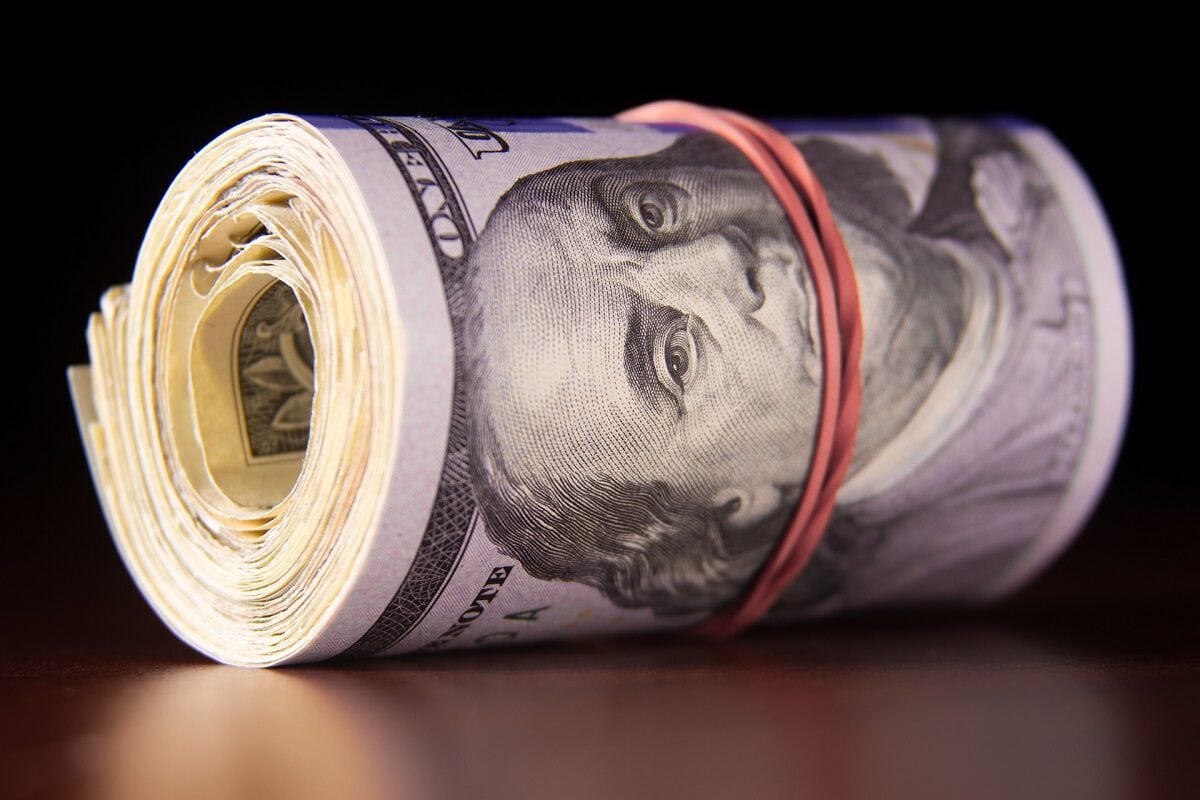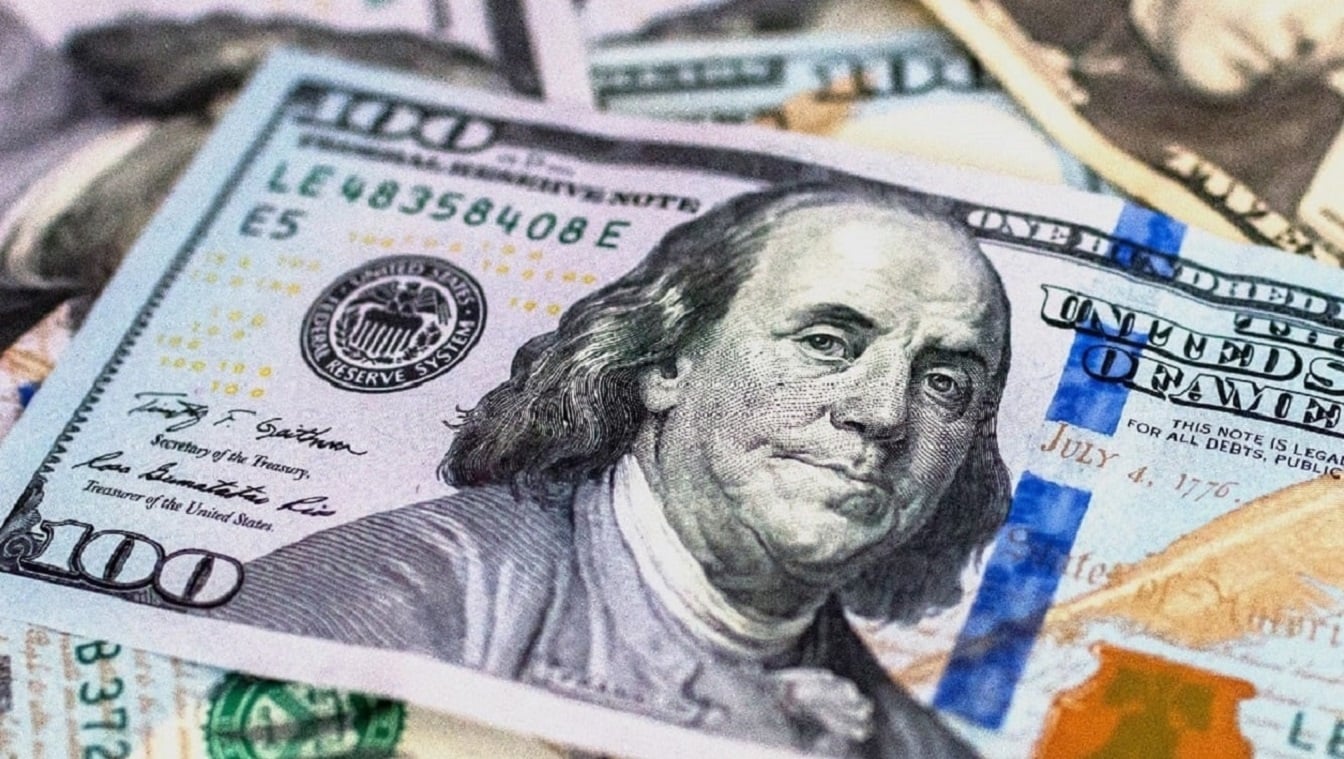More Stimulus Checks? We Asked a Former IMF Offical If This Was a Good Idea or Not: This week, Democratic Governor of Pennsylvania Tom Wolf and state legislators from his party reaffirmed their commitment to providing direct stimulus payments to residents across the state to cope with the rising cost of gas, food, and consumer products.
In February, Governor Wolf announced the PA Opportunity Program, a scheme worth $500 million that would send $2,000 checks to all residents who earn less than $80,000. The scheme hasn’t won support from Republicans, but Wolf and his Democratic colleagues refuse to back down.
This week, Wolf defended his decision to continue pushing the proposal despite a lack of support from Republicans in the state legislature.
In a press conference with State Representative Sara Innamorato at Roots of Faith ministries in Sharpsburg, Wolf called on the Republican-controlled General Assembly to pass his proposal.
“Sometimes in politics, persistence makes a difference,” he said. “This is not a partisan issue. People right now need help, we have the ability to do that, let’s provide that help.”
The issue is, by nature, however, partisan. Republicans don’t believe it’s a good idea, and Democrats think it is. Republicans believe the idea will hurt Americans, while Democrats believe it will benefit them.
So, who’s right?
Is It A Good Idea? We Asked An Expert Economist For Answers
Desmond Lachman, former deputy director at the International Monetary Fund and a Fellow at the American Enterprise Institute, tells 19FortyFive that more stimulus checks at this stage may not be wise.
“My take is that the country’s main economic problem right now is inflation at a multi-decade high and an overheated economy. To address this problem, we need monetary and budget policy restraint. In that context, it would seem that a $2000 stimulus check by the states might be good politics but it is very bad economics,” Lachman said.
The South African-born economist and author warned that stimulating the economy further – which result in increased spending – could increase pressure on the Federal Reserve to “keep raising interest rates to get inflation under control.”
“That, in turn, would heighten the chances of a hard economic landing, especially considering how higher interest rates might unsettle financial markets,” Lachman warned.
It’s a concern Republicans in Pennsylvania share. This week, Republican State Representative Clint Owlett noted that direct stimulus has proven a “leading cause of inflation” over the last two years – a problem the Federal Reserve is actively trying to solve.
In July, Fed Chair Jerome Powell told reporters that the central bank would like to see demand running lower for a sustained period to “create slack” in the economy.
“We’re trying to do just the right amount,” Powell said of recent interest rate hikes. “We’re not trying to have a recession.”
If consumers continue to spend, prices will continue to rise – and if prices continue to rise, the Federal Reserve will need to hike rates even further to bring down spending again. At a time of negative economic growth, which has now surpassed two consecutive economic quarters, some economists argue the United States is already in recession and others suggest it’s only a matter of months away.

With the midterms looming, Governor Wolf’s plan to distribute stimulus checks even larger than the last federal program may be good politicking – as Lachman says – but is likely to cause financial pain and further rate hikes in the long run. And that won’t be good for 2024.
Jack Buckby is a British author, counter-extremism researcher, and journalist based in New York. Reporting on the U.K., Europe, and the U.S., he works to analyze and understand left-wing and right-wing radicalization, and reports on Western governments’ approaches to the pressing issues of today. His books and research papers explore these themes and propose pragmatic solutions to our increasingly polarized society.

